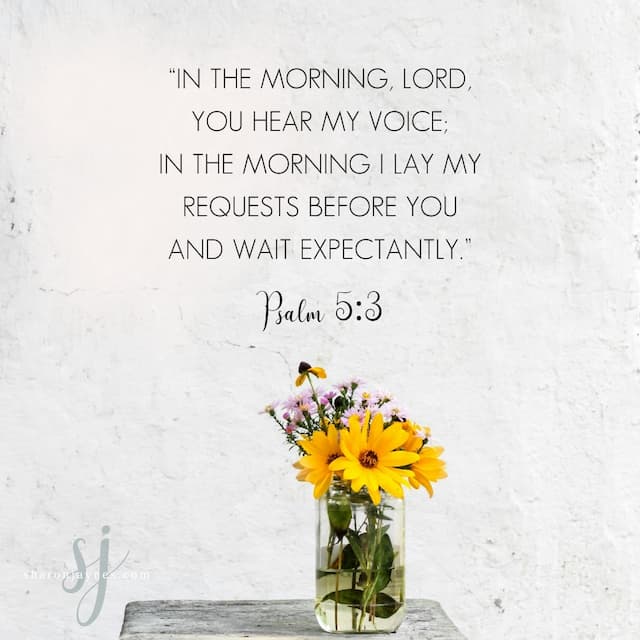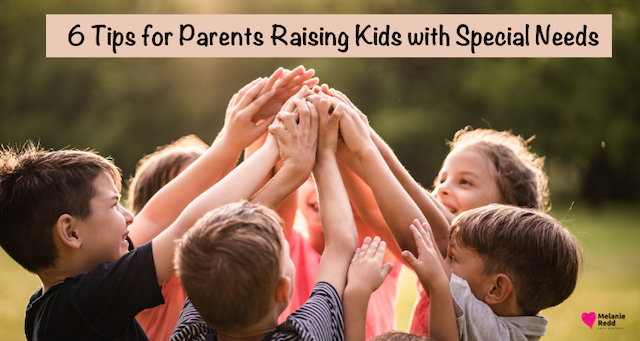We discovered we weren’t alone when we got stuck

Last week, we got bogged. At Willie Creek north of Broome, we turned onto a track that degraded into deep sand. I tried to turn around, but our front-wheel drive was never going to make it. It was an embarrassing, rookie mistake. What happened next blew me away.
The first vehicle to come by offered recovery boards. A second vehicle stopped, offering a shovel to dig trenches for the recovery boards. Both guys stayed with us until we were back on firm soil. You can imagine our gratitude. Yet, neither of them would take anything for their kindness, even when pressed.
Even more significant than our feelings of relief and gratitude was a sense that we weren’t alone. Far from home and friends, these guys had our back. It was as if we belonged to a bush community even though we’d never met them.
I’ve no idea if these guys ever heard of Jesus, but they showed me what the kingdom of God is like. They didn’t condemn me for getting stuck. They were there to help me out.
Church hasn’t always felt like that. We have a long tradition of labelling people as “sinners” in ways that Jesus did not. Some of us even judge that there must be evil motives behind altruistic acts (“total depravity”), so it’s hardly surprising that many people would prefer to be out in a 4WD than in church.
Jesus calls us to leave the judgement to God, to get on with caring for each other in community. Remember the good Samaritan? The priest and the Levite didn’t stop to help. They were probably busy with synagogue responsibilities or preoccupied with keeping themselves pure. In the end, it was the outsider who set the example of what God wanted.
Could we redesign church to free everyone up to be kingdom servants? Could we worship our king better with acts of mercy than singing songs? When we get together, could we inspire each other to love and good works with fewer sermons and more stories of the things God is actually doing among us all week long?
Could we stop judging people based on whether they attend church or have made a decision, and strive to connect with the God-awareness that’s already present wherever the Spirit is at work? Could we shift our metrics from measuring what happens in church to what happens in the world through the church?
The way our king tells it, “The field is the world, and the good seed stands for the people of the kingdom” (Matthew 13:38). He planted us in his world, and he rejected our offer to judge who are his and who are not (13:28), because we misjudge each other (13:29). His goal for us: “the righteous will shine like the sun in the kingdom of their Father” (13:43).
Sure, we’re calling people to turn from selfishness to communal life, in allegiance to God’s anointed. His kingdom life is all-encompassing, but it’s not complicated. It feels like we were designed for this.
The sun was sure shining on us when we got bogged at Willie Creek. There’s nothing like having the community around us when we get stuck.
What others are saying
Reggie McNeal, Kingdom Come (Carol Stream, IL: Tyndale Momentum, 2015):
Our relationship with God and our human interactions — with ourselves, with one another, with other living beings, and with the planet itself — all fall into the category of the Kingdom. This means that Kingdom concerns extend well beyond what we generally think of as spiritual matters to include culture, art, literature, health, education, politics, business and economics, the environment — the full range of human enterprise and its consequences. If humans are involved in it, the Kingdom of God has a stake in it.
Seeking to understand Jesus in the terms he chose to describe himself: son of man (his identity), and kingdom of God (his mission). Riverview College Dean
View all posts by Allen Browne



